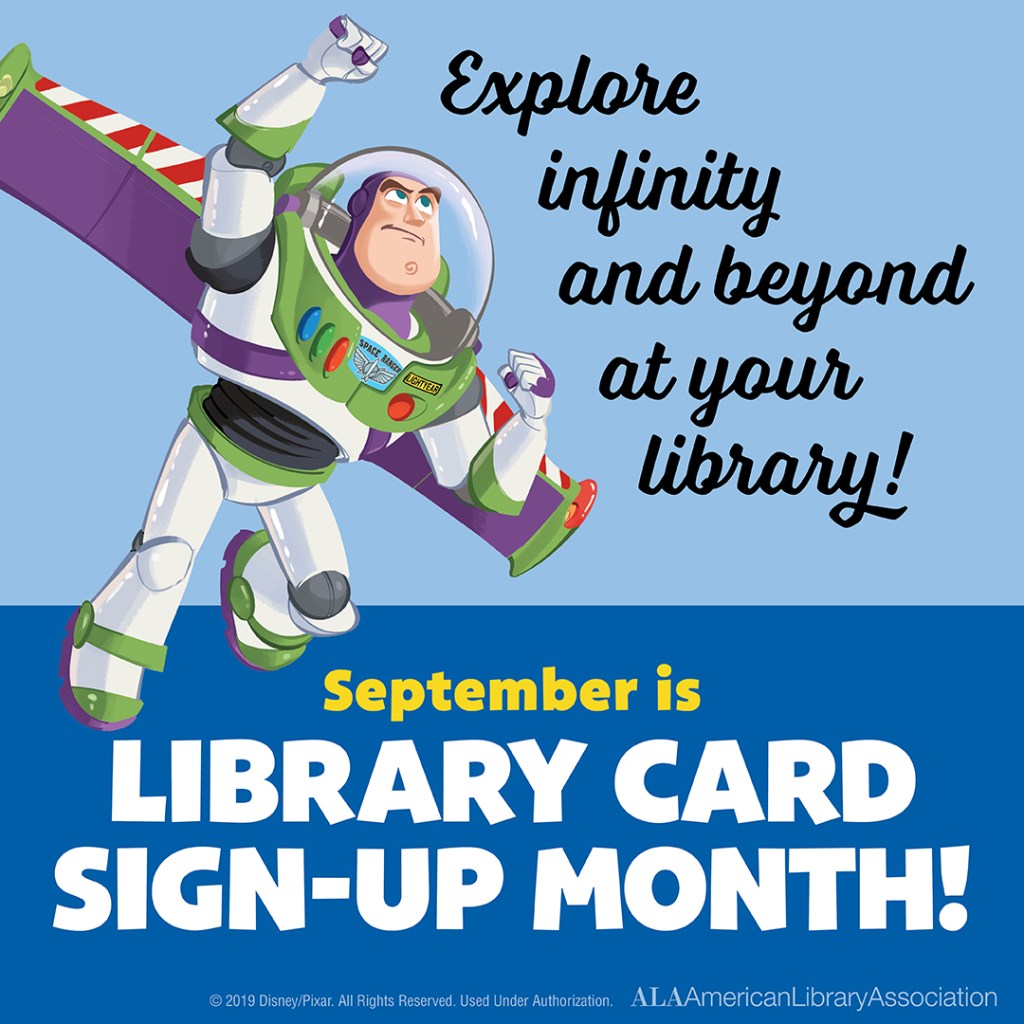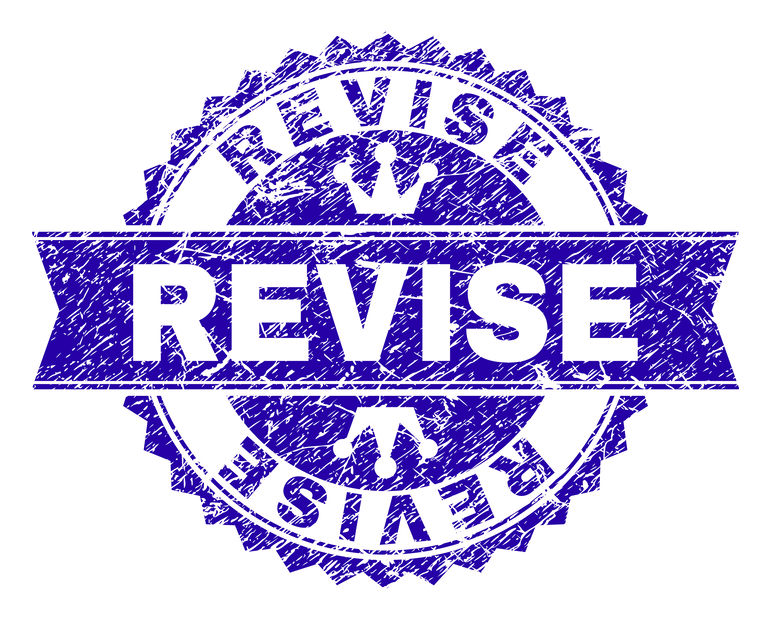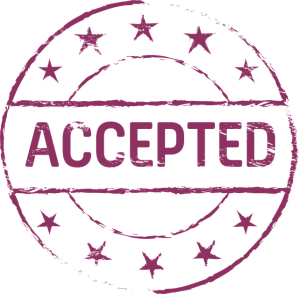“Take IST 646,” they told me, “It’ll be fun!”
Last fall, I was trying to choose electives for my second-to-last semester of grad school. A rough couple of semesters stood behind me. I looked forward to taking a course that would make my brain happy… something enjoyable, engaging, challenging enough to make my mental synapses crackle with anticipation, but not so difficult as to cause angst. IST 646: Storytelling for Information Professionals was recommended to me by several people whose opinions I trust, who said it would be that good sort of challenging, and fun, too. I closed my eyes, took a leap of faith, and registered for the class.
Last month I began my storytelling journey. My goals: to improve both my verbal and digital storytelling skills, to have fun, and hopefully to get an A. Why? Mostly, because I am aware of the power of storytelling in library advocacy efforts and I want to be the Best Public Library Advocate Ever. But also because I want to enjoy my semester. Plus, mastering new skills, much like getting As, is very beneficial for one’s self-esteem and an antidote to Impostor Syndrome. I imagined this journey would be like an invigorating hike up a tree-covered hill, a warm breeze ruffling my hair, a walking-stick in one hand, for fashion rather than necessity.

The journey started well. The first (ungraded) task was to create a video introduction using words and images. No problem.
The second (ungraded) task was to practice telling a one-minute cultural folktale. No problem, right? Wrong! I tripped over my words. I forgot details. I would start out fine, “In a lush, green forest a tall fir tree stood next to a…” and then the whole sentence would devolve into a mess, “…thwisted, torny bramble. No, a twisted, thorny bramble.” By about the thirteenth practice attempt, I felt like I had walked off the well-marked hiking trail of my journey and wandered into a twisted, thorny bramble of my own. As hard as I tried, as much as I practiced, I couldn’t tell one simple story and have it turn out okay.

My third task (and first graded assignment) was to create a podcast with my telling of a two-to-three-minute story from my own life. Writing the narrative was simple enough, but rehearsing the tale was another matter. Again, I forgot important details or what happened next in the story. My tongue tied itself into knots. My voice either lacked emotion or was filled with the frustration of imminent failure. The storytelling journey that I had imagined as a pleasant woodland hike along a well-trodden path was morphing into a brutal slog through an overgrown jungle full of untamed branches, stinging insects, and the fetid stench of rotting vegetation. I practiced until my voice was raspy from overuse, until I was so frazzled that I never wanted to tell another story in my life. How was I going to become the Best Public Library Advocate Ever, have fun, and get an A when I couldn’t manage to tell one simple story properly? I would forever be a bad storyteller, fail the class, and be an ineffective advocate for the rest of my life. I was a frayed rope ready to snap.

So I gave up and went to bed.
The next morning, I reassessed my priorities. Maybe I didn’t need to be the ultimate storyteller/advocate, maybe it was enough to just do my best. Maybe I should remember my goal of enjoying the semester, and have fun with the assignment, instead of letting it stress me out. Maybe, instead of rehearsing 12,000 times expecting perfection, I should just hit the “Record” button and see how things went from there.
I unfurrowed my brow, unclenched my jaw, and unhunched my shoulders. It took me 3 tries, but with my new relaxed attitude I managed to record my story without making any noticeable mistakes or forgetting anything important. Success!
Now I am ready to continue on my storytelling journey with a more realistic mindset. I don’t mean to imply that I’m not taking the class seriously. No, I still don’t do anything by halves: I read the articles, participate in the discussions, give each assignment my best effort. But now I’m getting over my insistence on flawlessness… I am a student, after all, and learning can be messy and imperfect. I still want to be a good storyteller and skilled library advocate, although it’s entirely possible that I may not achieve “Best Ever” status. I am embracing the challenges that IST 646 has to offer and am starting to discover the fun that was promised to me by former students of the class.
I’m enjoying the journey and trusting that the destination will be worth the effort.














